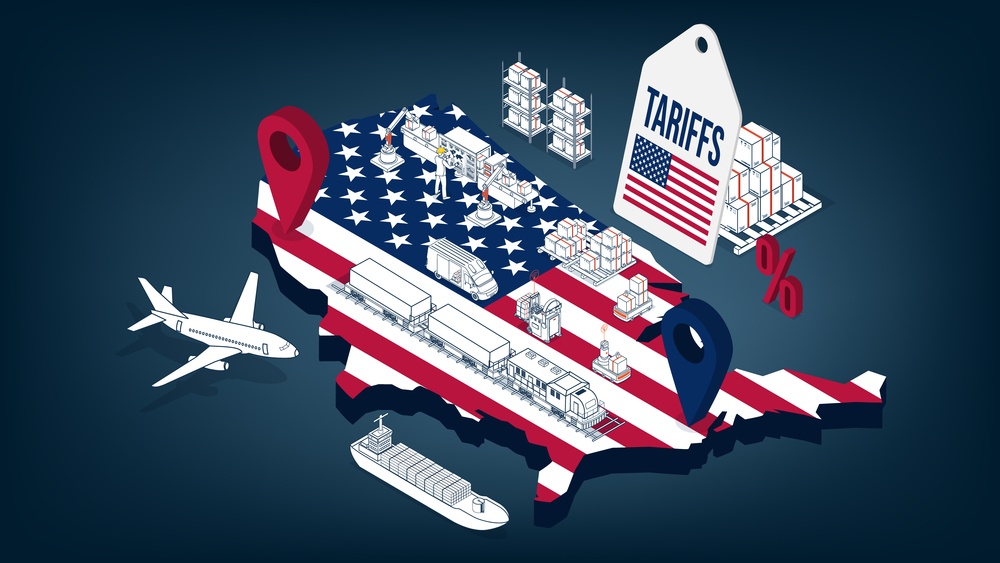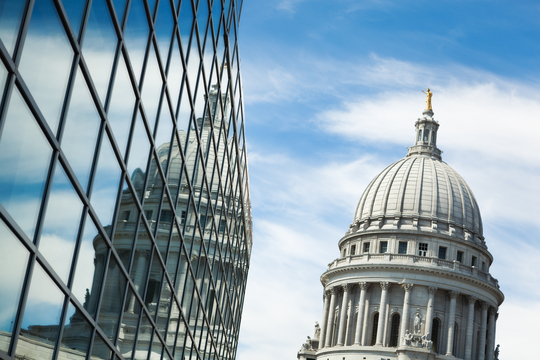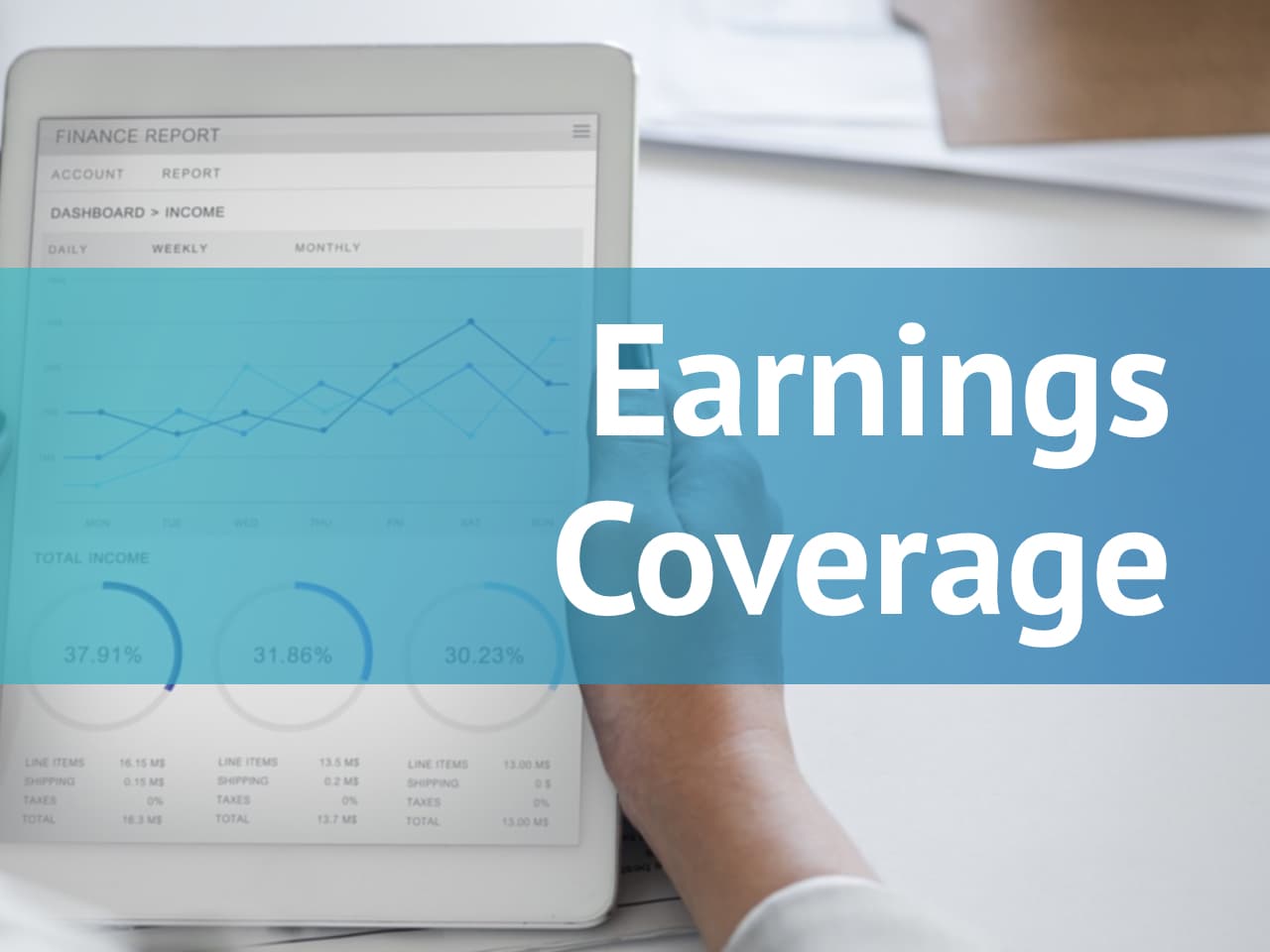Sudden and radical course changes are standard operating procedure for Trump, as, for instance, those paying attention to his maneuvering on the Ukraine conflict would know well. But by Trump standards, he seems unusually dedicated to his “extreme tariffs” scheme. After China responded to the Trump imposition of additional tariffs that took the China to 54% by promising to impose tariffs on US goods of 34%, Trump countered with a threat to increase Chinese tariffs by another 50%, taking the total to 104%. Sports fans, that is higher than the 100% he brandished at the action the US would take if China invaded Taiwan. Trump gave China one day to back down, saying the new 104% level goes into effect April 9.
As most of you know well by now, China responded with an additional 50% of its own, set to start at midnight on the 10th. Longer-dated Treasuries sold off strongly due to basis trade1 unwinds compounded by Treasury auctions this week of 10 year and 30 year maturities. Investors leery of US inflationary pressures, which at this point is anyone with an operating brain cell, would want to be paid quite a lot to eat this sort of risk.
There is the question of, in being confronted with a trade war, whether Trump has maneuvered himself into a position that is so destructive to the US as to produce a monster win for China. Trump seemed genuinely surprised that the Chinese rejected making concessions in order to get relief, and instead retaliated bigly.
To put this simply, the effect of the sudden imposition of these tariffs will achieve what the US intended with the Russia shock and awe sanctions at the start of the Special Military Operation: an economic collapse. The US had not had years of sanctions, as Russia did, to move towards becoming an autarky, nor does it have the sort of very efficient bureaucracy that was able to adapt with remarkable speed to the extreme Collective West measures.
Some, notably Philip Pilkington have argued it was a mistake for China to up the ante. I disagree. Pete Hegseth, in what was clearly an intended leak of a memo, stated that the US priority is to subdue China, militarily if necessary, as if the US actually has the capacity to do so. The US seems to believe, as it did with the SMO, that it could beat or at least weaken China with an economic war, when the US lack the means there too.
This is a terrible idea. The CCP are introducing enormous levels of uncertainty into their governance model. For what? To run a trade surplus they don’t even need that much anymore with the US. I expected a steadier hand. 🤷♂️ https://t.co/vcPqx04tOy
— Philip Pilkington (@philippilk) April 8, 2025
The Chinese trade surplus with the US is about 3% of its GDP. China would not lose off of that; it would wind up redirecting a lot of those goods to other countries that would only welcome the extra stuff up to a point, or even sell more domestically. But China could weather the hit. Economic suffering that clearly results from US malevolence would also be unifying, while a sluggish economy due to the deflating of a monster property bubble is much less so.
Trump is proposing to make this dire situation worse by sanctioning pharmaceuticals. As we wrote in 2018 in China Rx: How the US Depends on China for Its Drugs:
The big message of [Rosemary] Gibon’s and [Janardan] Singh’s book is that the US relies on China for the production of active ingredients in drugs and in many cases, of the medications themselves, to the degree that we would have a public health crisis if supplies were interrupted. As Gibson said on C-SPAN:
Many people that we spoke to, both former government officials and some in industry said that if China shut the door on exports, within months, pharmacy shelves in the United States to be empty, and hospitals would cease to function.
And don’t assume generics king India would step into the breach. India gets many of the active ingredients for its pharmaceuticals from China. Gibson forecasts that China will overtake India in generics manufacture within a decade.
As Gibson explains, the US no longer makes its own penicillin, in part because China dumped penicillin in 2004, driving the last US plant out of business.
The medications where the US relies on China include heparin, a blood thinner that among other things is used for IV drips. No heparin, no IV treatments. Due to the difficulty in tracing the source of drug company ingredients, the authors could make only case by case investigations, but they found China production to be critical for treatments for Alzheimer’s HIV, depression, schizophrenia, cancer, epilepsy, and high blood pressure.
The only way inflicting this level of punishment on Americans (a huge spike in untreated illnesses, on top of the economic distress from sudden rises in costs and resulting spending cutbacks that will result in business failures, high inflation (conceivably hyperinflation if the destruction of productive capacity is large enough, and readers know I hate the casual use of the “h” word), and a big uptick in unemployment, is if the plan is to produce so much upheaval as to justify the imposition of martial law. But who wants to be the emperor of a hellhole?
However, China does have a major blind spot. It is clinging to the neoliberal/globalist model. The problem is high levels of international capital flows, which tend to accompany periods of liberalized trade, result in more severe and frequent financial crises. We’ve pointed out repeatedly that emerging economies looked vulnerable even before the tariff shock.
So while this sort of thing sounds all well and good:
The latest U.S. tariff hikes will essentially deprive countries of their right to development. This is particularly the case for Global South countries. It is estimated that those tariffs will further widen the wealth gap, and hit the less developed countries hardest. The tariffs… pic.twitter.com/bSrh9iFLFV
— CHINA MFA Spokesperson 中国外交部发言人 (@MFA_China) April 7, 2025
Consider this section of an editorial in Global Times:
Trade serves as a key engine of economic growth and represents the most fundamental form of globalization. The expansion of global trade has driven global economic growth and prosperity, while strengthening the interconnectedness of the world economy.
Since the founding of the World Trade Organization 30 years ago, global trade volume has grown from about $5 trillion in 1994 to $33 trillion in 2024 – more than a fivefold increase. Economic globalization has facilitated the flow of goods and capital, advanced technology and civilization, deepened exchanges among peoples, improved livelihoods, and brought about an unprecedented level of global prosperity….
In recent years, economic globalization has faced some “backward currents,” but the forward momentum cannot be stopped by anyone. In the face of the tide of protectionism, the forces that uphold and promote economic globalization are also accelerating their convergence.
China has every reason to continue to be bullish on globalization. Joseph Stiglitz pointed out that nearly all of the global reduction in poverty from 1990 onward took place in China, and that came about through the robust and sustained growth of China’s manufacturing sector.
Although much less obviously so, this view is as backwards-looking as Trump’s romanticization of the 1890s. We are in the midst of intensifying competition for resources, which among other things means more wars and less cooperation. Globalization in particularly depends on long and complicated supply chains, which means energy expenditures for transportation when the world needs to be going towards radical conservation. Global warming is disrupting weather patterns and reducing farming yields. Huge losses in animal populations resulting from bird flu is another major wild card.
So there are no happy endings here, but China’s will be much much less so than that of the US.
____
1 This really is the stoopidest strategy ever, like picking up pennies in front of a steamroller. Matt Levine at Bloomberg warned about exactly what is happening now, which also happened during Covid, on March 28:
One dumb way to think about “the basis trade” is that asset managers want to borrow money to buy Treasury bonds, and asset managers want to lend money against Treasury bond collateral, and for some reason big hedge funds sit in the middle. The trade is:
A bond manager wants exposure to Treasury interest rates, but she does not want to just buy Treasuries, because that will take up too much of the cash that she wants to use to buy corporate bonds. So instead she buys Treasury futures, which are like owning Treasury bonds but do not require nearly as much cash.
A hedge fund sells her the futures and hedges them by buying the underlying Treasury bonds. It is not betting on rates going up or down; it is simply clipping a fee for providing this service to the bond manager.
The hedge fund also doesn’t want to put up all that cash to buy the Treasury bonds; it runs a pretty lean balance sheet and the returns on this trade — the reward it gets for the service it provides — are low. Instead, it borrows most of the cash it uses to buy the Treasuries.
A cash manager (a money market fund, pension fund, corporate treasury or other cash investor) lends the hedge fund the money, secured by the Treasuries.[1] This is a pretty safe loan, because the cash investor gets the Treasuries as collateral, and those are good collateral. This type of secured loan is called “repo,” and it is a big standardized market with low interest rates that lots of cash investors participate in.You could imagine another way of doing the trade.[2] You could imagine a bond manager saying “I would like to own Treasuries but not put up a lot of cash, so I am going to go across the hall to the money market fund manager at my firm and ask him to lend me the money to buy the Treasuries.” This is not the norm, in part because a lot of bond managers aren’t supposed to borrow money but are free to use futures. (This is called “synthetic leverage”: It’s economically equivalent to borrowing the money to buy Treasuries, but it doesn’t technically count as borrowing.) A lot of asset managers will buy Treasury futures but won’t go to the repo market to borrow money to buy Treasuries. Instead, hedge funds will do it for them; they will package the leverage into the right synthetic format for the asset managers.
It is possible that this could blow up: The hedge fund has mark-to-market gains and losses on its futures and its bonds, which should mostly offset each other (the futures are just contracts for the future delivery of those bonds, and ultimately the hedge fund can close them out by delivering the bonds), but they can temporarily move apart and cause trouble. Plus the hedge fund has to post collateral on both sides, and the collateral requirements could change: If repo lenders get more nervous, the hedge funds will have to pay them back, which could require selling their bonds and unwinding the trades. This could lead to big price dislocations, and in March 2020 it did. People have been worried about it ever since.
Your truly does not want to sound like Pollyanna, but if no systemically important financial firms or entities (think central counterparties) are seriously wounded, this will not produce a crisis, just more a big financial heave. But too many events like this can wind up impairing key players. So even if things revert to a less volatile state, that does not mean Big Finance is out of the woods.
From Levine yesterday, confirms this notion that this does not look like panic selling:
The basic fact of finance is that there are a lot of big important firms whose job is to borrow money to own financial assets. Sometimes the value of the financial assets goes down, a firm has to pay back the money it borrowed, but the assets it owns are now worth less than the loans against them. So the firm has to go sell other, better assets to raise money to pay back the loans against the assets that went down. (This is called “contagion.”) Or, worse, all of the firm’s assets are worth less than the loans against them, so the firm goes bust, its creditors seize the assets, and they have losses….
In recent years a lot of the worry has been about highly leveraged multistrategy hedge funds, which have in some ways taken over the role that big investment banks used to play, and which borrow lots of money to own financial assets like US Treasury bonds. This is called “the basis trade”…
Anyway, uh, the value of financial assets has gone down? Pretty broadly? So the obvious question is: Will there be deleveraging? And if so, where? My Bloomberg colleague John Authers writes:
If there is reason for concern, it stemmed from the bond market, which suffered an epic selloff [yesterday]. As the dollar gained a little, it’s unlikely that it was foreigners who were selling Treasuries. And as the stock market was directionless amid the drama, it’s hard to believe that asset allocators exited bonds to put money there. …
A logical but alarming explanation is that someone somewhere had to make forced sales to raise cash. … Particular concern attaches to the multi-strategy hedge fund groups that operate several different investment teams — “pod shops” in the Wall Street lingo. As the dust settles on an extraordinary day, traders will be most concerned for the health of the pod shops in their midst.
Levine does describe, however, that the Trump tariff is intended, if Trump succeeds, in ending one thing the US is really good at: financialization. And not in a “we’ll gradually skinny this down” manner either.



























